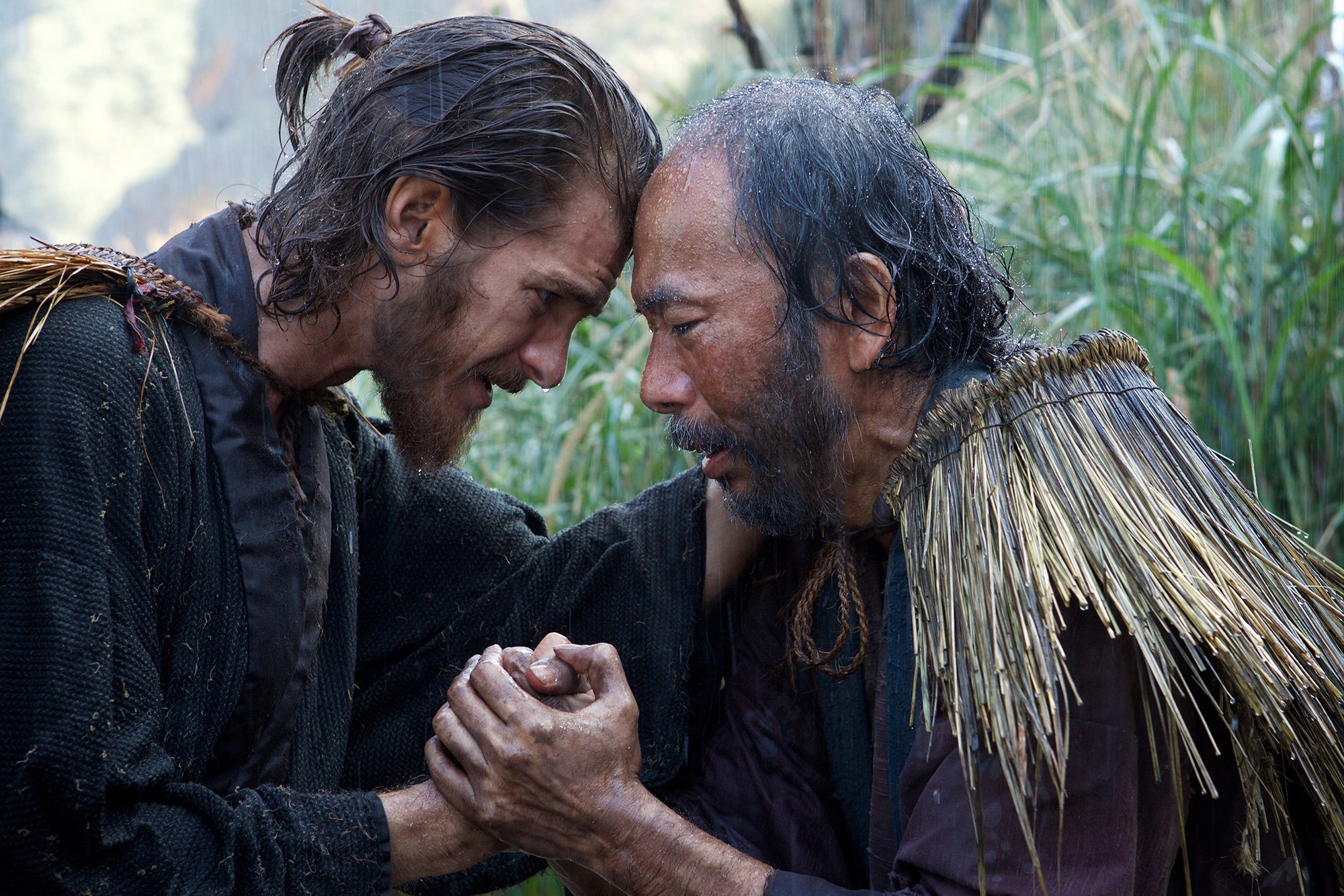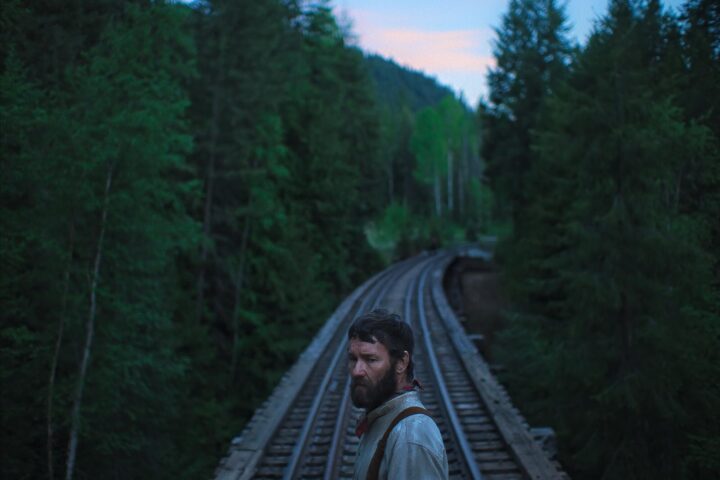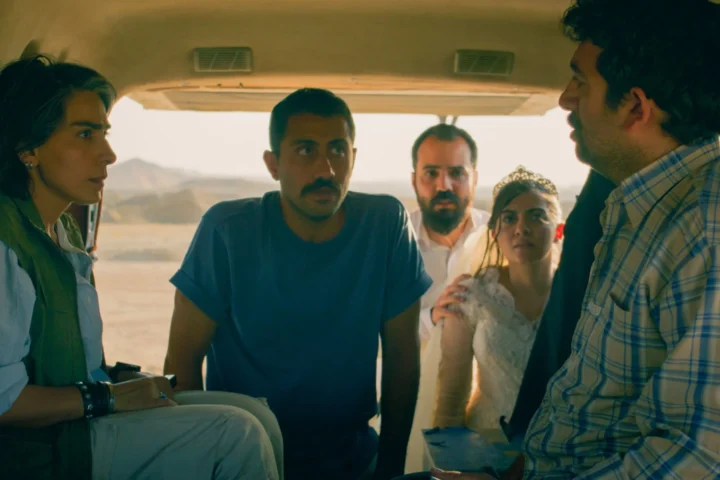Martin Scorsese’s inflated spiritual opus Silence is as much of an endurance test for the audience as for its persecuted Jesuit priests in 17th Century feudal Japan, a contemplative picture so lacking in momentum that you may, at the end of 159 minutes, feel as if you are the one who has been martyred for sticking it out. It’s beautiful, serious-minded and obviously a labor of love. It is also deadly dull as a narrative.
Much will be written about how this solemn treatise is an integral part of Scorsese’s canon and a companion piece to pictures like Kundun and The Last Temptation of Christ, perhaps by way of Kurosawa, but regardless of the thought-provoking questions that inform Silence, the execution is another matter altogether, and this inert examination of faith—and the abandonment of—rarely comes to life.
In 1639, two Portuguese Catholic priests, Father Rodrigues (Andrew Garfield, miscast) and Father Garrpe (Adam Driver), journey to Japan to track down a purportedly fallen priest, mentor Father Ferreira (Liam Neeson), a phantom who functions as a sort of Colonel Kurtz, if you will, the deeper in our protagonists get.
Motivated by tales of Ferreira’s possible conversion to Buddhism, Rodrigues and Garrpe arrive in Japan to discover clandestine Christian sects of Japanese nationals fearing for their lives—their conversion punishable by death—the pair soon outmatched by a fierce inquisitor, Inoue (Issei Ogata, working hard to liven things up), who delights in torture by drowning (one of the film’s only visually memorable sequences), burning, or his specialty, one drop of blood at a time. If discovered, the only survival is the denunciation of Christ through apostasy, here is presented as publicly stepping onto the visage of Jesus Christ.
When Rodrigues is captured, the latter stretches of the movie involve a clash of ideologies and wills between inquisitor and prisoner, and while the film eventually achieves emotional grandeur in its final half-hour, it only serves to remind us how lethargic the rest of the picture has been.
The best moments in Silence come in its final stretches when Rodrigues’ faith is tested during a series of confrontations with Inoue and a climactic conversation with Ferreira, both of which have the requisite force to topple the young priest’s faith and peace of mind, not to mention break his body. It is only during these stretches, when Rodrigues transitions from observer and chronicler of atrocities into a man clinging to his belief—his only way to survive—that the movie truly feels like something is at stake.
The issues in Silence are not the themes or story or even the estimable technical accomplishment by cinematographer Rodrigo Prieto, truly award-worthy, but that the characters onscreen give us little reason to care, even when admittedly visionary sequences arrive. One, depicting three men drowning in high-tide, finds director and DP delivering diametrically opposed results—a beautiful depiction of something empty.
There is a difference between a film about important things and an important film, and while elements of Silence work well—the cinematography, individual performances and its thematic substance—Scorsese never brings them to life with a compelling story.
The international cast is also a mixed bag, particularly the casting of Irish, American and British actors as Portuguese priests, all looking and sounding different, Neeson speaking in his usual Irish-accented English. Add to the mix an endless narration by Garfield which, unbelievably, becomes a voice-over from God late in the picture, and you get a sense of the plodding solemnity.
Garfield, so good this year in Hacksaw Ridge, feels at once naïve and out of his depth as Rodrigues, a bit wan both physically and emotionally throughout most of the picture until a moving scene in the closing moments.
To the questions Silence asks—Does God actually exist? Why is he so often silent? How can we forgive ourselves when we trespass against him? If we renounce him and secretly worship in our hearts, will be still be saved? How can continue to believe in him when he allows the torture of innocents?—another might be asked of Scorsese: is a bad review punishment enough for the sin of self-indulgence?
2 stars.



